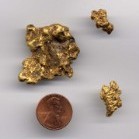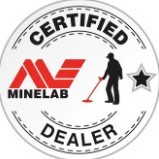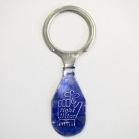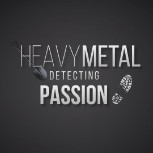Using The XP DEUS For Gold Prospecting
-
Similar Content
-
- 12 replies
- 1,064 views
-
- 13 replies
- 1,531 views
-
- 28 replies
- 28,438 views
-
- 9 replies
- 1,173 views
-
- 1 reply
- 2,281 views
-
- 0 replies
- 2,662 views
-
-









Recommended Posts
Create an account or sign in to comment
You need to be a member in order to leave a comment
Create an account
Sign up for a new account in our community. It's easy!
Register a new accountSign in
Already have an account? Sign in here.
Sign In Now